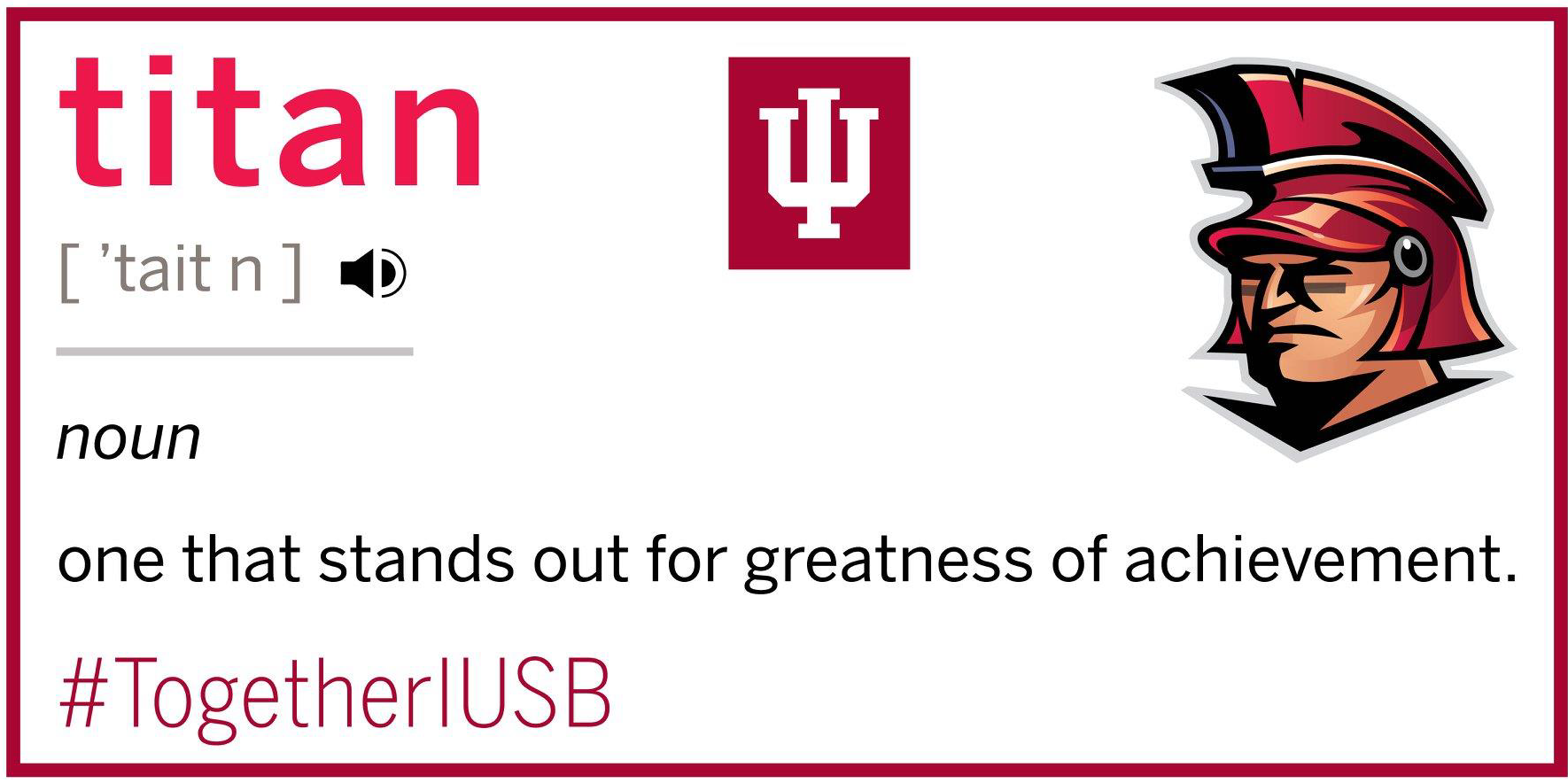Add/Drop Period: Time from registration appointment to a date early in the semester where students can still add a class. If students also drop a class during this time, it won’t show up on their transcript.
Advising: Each student is assigned an academic advisor who provides information and encouragement they need to take personal responsibility for exploring options and making decisions related to their academics.
Campus: The grounds and buildings of a university, college, or school.
Canvas: An online tool where students can access class materials, see their grades, and connect with classmates.
Class Standing: Freshen, sophomore, junior, senior classification based on total credit hours that count toward degree requirements.
Commencement: Ceremony the university conducts to celebrate graduation.
Course: A series of class sessions focused on a subject.
Course Load: Full-time course load is between 12 and 16 credit hours each regular semester. Fewer than 12 hours in a fall or spring semester is considered part-time.
Credit: Each course has a corresponding number of credits (often referred to as credit hours) based on how many hours of work it entails. Degrees require a certain number of credits to be earned.
Crimson Card: The official photo ID card for IU South Bend. It provides access to essential university services, including printing, libraries, and secure entry to campus buildings. Also accepted as payment on campus.
Dean of Students: Leader who connects students to resources across campus.
Dean’s List: Recognition for high academic performance based on GPA.
Degree: A title given to students on completion of a program of study.
Degree Map: A tool to help students graduate on time by providing an overview of which courses they need to take each semester.
Degree Requirements: The criteria a student must meet to earn their degree, including specific courses, number of credits, and cumulative GPA required to graduate.
FAFSA: The Free Application for Federal Student Aid (FAFSA) is a form to complete before each year of college to determine eligibility for federal loans, work-study, and grants, as well as some scholarships.
FERPA: The Family Educational Rights and Privacy Act (FERPA) is a federal law that protects the privacy of student education record.
Final Exam: A test given to students at the end of a course.
Financial Aid: Money that is given or lent to students in order to help pay for their education.
First-Generation: Neither parent of a student having ever graduated from a four-year institution of higher education.
General Education: Courses required as the foundation of an undergraduate degree to ensure students receive a well-rounded education.
GPA: Points are assigned based on grades earned in a class, ranging from A = 4.0 to F = 0. A minimum cumulative GPA of 2.0 (C) is required for undergraduates.
Grant: A monetary gift for students pursuing higher education. Grants do not have to be repaid (unless students withdraw from school).
Hold: Restrictions on registering for classes due to an issue that needs to be resolved by a student, such as an unpaid bill.
Internship: Real world experience while in school that allows a student to explore a potential career field. Could be paid or unpaid, full-time or part-time, or result in earning credit or not.
IU-Notify: IU’s communication tool for alerting students and employees of immediate dangers, such as severe weather.
Loan: Money borrowed to pay for college expenses. Federal loans are based on the FAFSA. Government loans can be “subsidized” (where the interest is paid for until six months after graduation) or “unsubsidized” (where the interest begins accruing right away). Private loans require separate applications, carry varying terms and conditions set by the lender, and are often more expensive than federal loans.
Major: A subject of academic study chosen as a field of specialization.
Minor: An additional field of specialization requiring fewer courses than a major.
One.IU: A central task hub designed like an app store, allowing students to search for both apps and various tasks (like checking tuition bill or registering for classes) and find quick shortcuts to get things done.
Probation: A student who has completed one or more IU South Bend GPA hours and has a cumulative GPA below 2.0 is placed on probation. A probationary student remains on probation until the cumulative GPA reaches 2.0 or higher.
Registration: The process of signing up for courses. A registration appointment is the earliest date and time a student can register for Indiana University classes offered during an upcoming term.
Satisfactory Academic Progress: Students receiving aid have their Satisfactory Academic Progress reviewed at least once per year. Students who do not meet the minimum standards are not eligible for financial aid.
Semester: Periods of instruction into which an academic year is divided (fall, spring, summer).
Scholarship: Financial aid awarded based on specific criteria such as an interest or talent.
Student Center: Place to view grades, unofficial transcript, class schedule, class permissions, financial aid, registration holds, and enrollment date/time.
Syllabus: A document that provides requirements for a course.
Transcript: An official copy of a student's educational record.
Transferring: Moving from one college to another.
Undergraduate: A student who is pursuing their first college degree, typically a bachelor’s degree.
Work Study: Part-time jobs for undergraduate and graduate students with financial need. Work-study programs encourage community service work or work related to chosen area of study.




